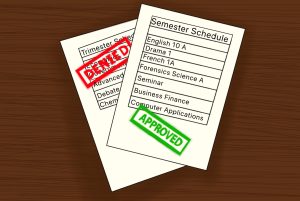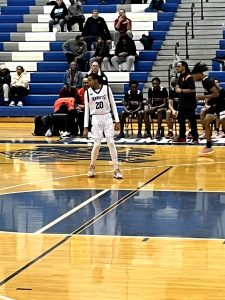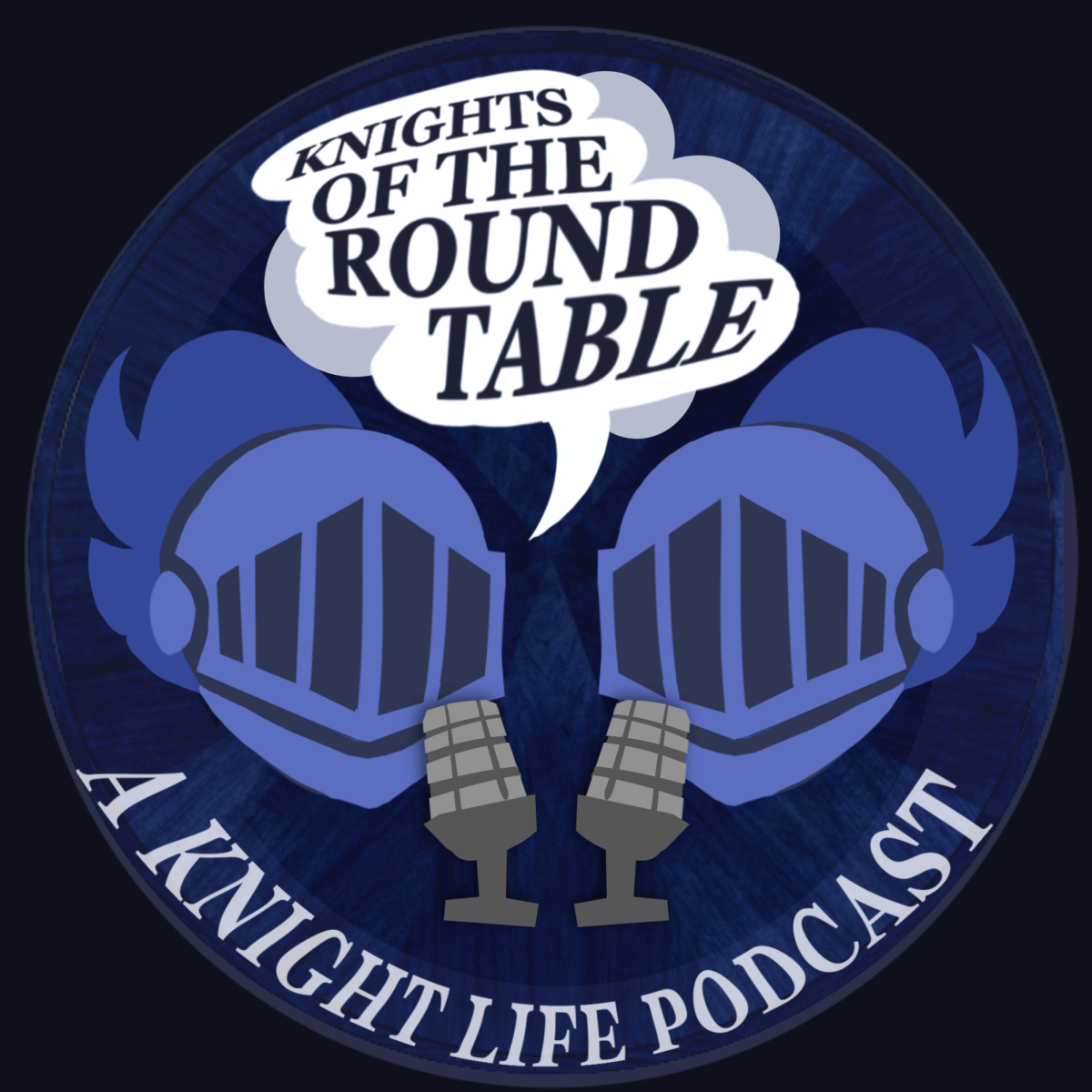Loy Norrix seniors fill out early college applications
Advice from students who have already applied
Credit: Virginia Abbott
Senior Virginia Abbott works on her college applications at her laptop. She’s hoping to get into her choice of college and possibly earn some scholarships.
November 25, 2020
Nothing beats the stress of turning on your laptop to see yet another email from your dream college saying, “You have a week left to apply!” or logging in to Common App to finally write your college essay and watching the deadline get closer and closer. This is the reality for a lot of high school seniors. College is one of the biggest steps of our lives, and we are put on a timer.
November 1st was the deadline for all early applications for colleges; however, the relief of getting your application out of the way comes with some extra stress to get everything in on time. Now that it’s done, seniors can share their experiences to help those who are going to submit their applications at a later deadline.
Seniors can now take a moment and reflect on their highs and lows of the application process.
“Just buckle down and do it! I know thinking about the future can be really anxiety inducing, but the more you overthink it and put it off, the worse you’re going to feel about it,” said Loy Norrix senior Virginia Abbott, “It’s much easier than you think, and getting it done will make you feel so much better about it.”
There are two different plans to apply early to a college: the early action plan and the early decision plan. The main difference between these two is that the early decision plan is binding, meaning if that college accepts you, you have to go there. In contrast, students who apply with the early action plan don’t have to commit to one college until the National College Decision Day, May 1. You can only use the early decision plan once. However, you can apply to as many as you want with early action, even after you use the early decision plan.
According to the College Board website, “Approximately 450 colleges have early decision or early action plans, and some have both. Some colleges offer a nonbinding option called single-choice early action, under which applicants may not apply ED or EA to any other college.”
Loy Norrix senior Nolan Hughes chose to do an early decision plan for Kalamazoo College. Even though it’s a binding decision, the early decision plan was perfect for Hughes, since K College was his first choice.
“It is just a good school that has things I am looking for,” Hughes said. “I like that it’s small, pretty close-knit and has an atmosphere of people who want to work for social justice. I like it being small because I want to get to know the people around me and my professors well. It’s also just a very good and challenging school. I want to challenge myself and grow from it.”
For Abbott, however, early action was the preferred choice.
“I’m not entirely sure where I want to go yet, so I didn’t want to confine myself to one school,” Abbott continued, “It’s going to depend on what kind of scholarships I can get.”
Students choose to apply early for colleges for many different reasons. One of the most apparent advantages is receiving an early admission decision. For the early action plan, students will find out early whether or not the colleges have accepted them in either January or February. For early decision, students will know even sooner, in December.
Another reason to apply early is to have a bit of peace of mind, knowing your applications are out of the way. However, all that stress gets packed into the smaller amount of time you have to finish your applications.
The hardest part for Abbott was simply sitting down and getting started, but she got some help getting through.
“I made myself super anxious about it and kept putting it off, but once I sat down and did it [start writing], it ended up being a lot easier than I thought it would be,” Abbott said.
An easy way to control procrastination is by asking for help from someone. For Abbott, this was her mom making sure she had everything done and in on time. For Hughes, this was a college application help group run by LN psychology teacher Rebecca Layton.
“Basically, she tried to encourage people to get stuff done, which is important because it’s sometimes hard to get that motivation,” Hughes continued, “She had a knowledge of what we needed to get done, which sometimes was hard to find out, especially since we weren’t in school where we would usually get to talk to our counselors more and have college fairs.”
Having support from others helped Hughes stay motivated to get work done each week before the group meeting.
“I know that it’s intimidating, but you have people that want to support you and when you get it done it’s super relieving. All you have to do is wait to hear back from the colleges,” Hughes said.
For a lot of seniors, the most intimidating hurdle in the college application is the essay. Since you almost never meet with the people who are going to review your application, this essay is the chance for colleges to get to know you and your personality. The idea of trying to define and express yourself using 250-650 words can seem like a very daunting task for many teenagers.
“I did two essays, one for the general common app and one extra one for Kalamazoo college. I did 2.5 different drafts of my main essays.” Hughes continued, “At first, during the summer, it was hard to find the motivation to do it. It seemed like such an important task that was intimidating to even start. Once I did start, I wrote my first draft in one 3 hour sitting.”
Coming up with a topic for your essay is also very challenging. Even though the colleges and common application website give suggestions, they can be seen as vague and uninspiring.
“Luckily I only had to write an essay for one of the places I applied to, which was WMU,” Abbott said. “Honestly, I was a little disappointed by how general their prompt was. I wish it had been more personal so I could have written about something in a more creative way.”
Even though it can feel overwhelming, applying to college isn’t as hard as it might seem. Don’t let the stress of it all bring you down. There are people that have been through this process before and want to help you, just reach out and ask.
“Be confident in yourself, and be proud of all that you have done to make it to where you are. Colleges want to see what you have done and how you are, and if you’re confident about those things you can better show what you have done and who you are,” Hughes continued, “And even if you don’t get into that one college you wanted, you should still recognize all the hard work you have put in the last 13 years of schooling and life to make you who you are. Getting into that one college isn’t everything.”












